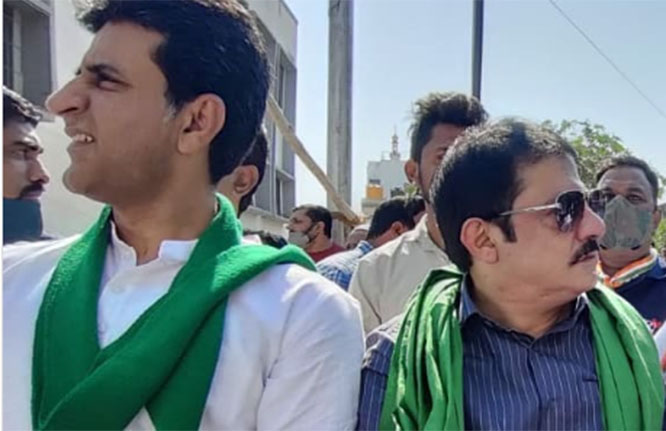
Launched on March 1, 2024, an insurance scheme for Indian workers in the UAE provides compensation of up to Dh75,000 for families in the event of the employee’s death, whether due to accidents or natural causes.
Over 5,500 workers have already benefited from the new welfare scheme, the Indian Consulate in Dubai said on Tuesday.
Known as the Life Protection Plan (LPP), this policy was introduced to address a gap in employment benefits for the 2.27 million blue-collar workers in the UAE.
Although many companies offer health insurance and compensation for work-related injuries and deaths, there was previously no mandatory coverage for natural deaths.
As a result, families could face financial difficulties, including repatriation costs, if their primary breadwinner passed away.
To tackle this issue, the Indian Consulate arranged a meeting between major UAE companies employing blue-collar workers and two insurance providers.
Recently, these insurance providers, namely, Extra Co Group of Companies and Gargash Insurance, completed formalities – at the Consulate – for workers to subscribe to the scheme.
However, this plan has to be opted by the employers or companies for their employees and is currently not available for individual subscribers.
What do the benefits entail?
The Life Protection Plan for workers offers extensive coverage, including worldwide protection, for employees with a UAE employment visa.
It provides benefits for death from any cause, whether natural or accidental, and includes coverage for permanent total or partial disability due to an accident.
Additionally, the plan covers repatriation expenses up to Dh12,000 per person in the event of death. The coverage is available for individuals aged 18 to 70 years.
How much does the plan cost?
• Dh72 per year – Dh75,000 compensation
• Dh50 per year – Dh50,000 compensation
• Dh37 per year – Dh35,000 compensation
Notably, around 3.5 million Indians live in the UAE, with about 65 per cent employed in blue-collar jobs, according to the Indian Consulate.
In 2022, the mission reported 1,750 deaths in Dubai, with 1,100 being workers. A similar pattern was observed in 2023, with 1,000 worker deaths out of a total of 1,513. Over 90 percent of these deaths were due to natural causes.








Comments
Add new comment